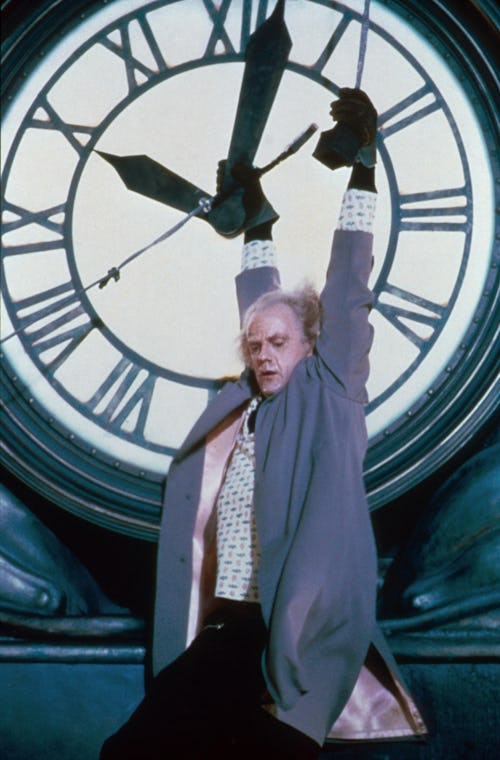The pandemic changed our perception of time, according to a new study
A psychological phenomenon called time expansion made the days feel never ending.

If you’re like me, the first several months of quarantine in 2020 seriously fucked with your perception of time — whether that meant a single day felt like a week, or a week felt like a day. Basically, time lost all meaning. As it turns out, it’s because many of us were unknowingly experiencing phenomenons called “time expansion” and “time pressure,” according to a new study.
The study, published in the Journal of Humanistic Psychology, was conducted by Brazilian researchers who surveyed 900 people via social media about how they perceived time during the first months of social isolation. They found that 65% of respondents went through time expansion, or an altered state of consciousness where time feels like it’s significantly slowed down, while 75% experienced less time pressure, or the feeling that there aren’t enough hours in a day. The younger the participant was, the more likely they were to feel like time was moving slower. While fascinating, it’s not all that surprising. The researchers attributed our collective experience of time expansion to loneliness and a lack of positive experiences during lockdown — which, well, tracks.
Outside of the pandemic, the study report noted, time expansion can happen after traumatic incidents such as near-death experiences, but also mystical and psychedelic experiences. In order to understand why time expansion is a thing, it’s important to understand how we experience time in the first place.
As humans, we can’t physically sense or see the passage of time, so we depend on clocks and other outside indicators (things like people leaving the office to get lunch) to anchor ourselves to it. Our brain organizes everyday events into a sequence, which we process as “time,” according to the Norwegian University of Science and Technology’s Kavli Institute for Systems Neuroscience. When we have no interactions with other people or spaces, that perception is thrown off because we have no clear beginning, middle, or end to our days. In the case of the pandemic, many of us also weren’t making any new or meaningful memories to use as markers when looking back on our weeks or months.
This all makes me wonder how the pandemic might continue to affect the millions of Americans who now work from home. Are we still experiencing some ongoing form of time expansion? It depends on where we work and whether or not we have supportive co-workers. According to a report by MIT Sloan Management Review, more people felt isolated and lonely when they were working from home, but that changed if they had co-workers they could talk to. The biggest difference between now and 2020, though, is that there’s now a light at the end of the daily tunnel: Even if you’re home all day, you can close your laptop once work ends and go to real places with real people.